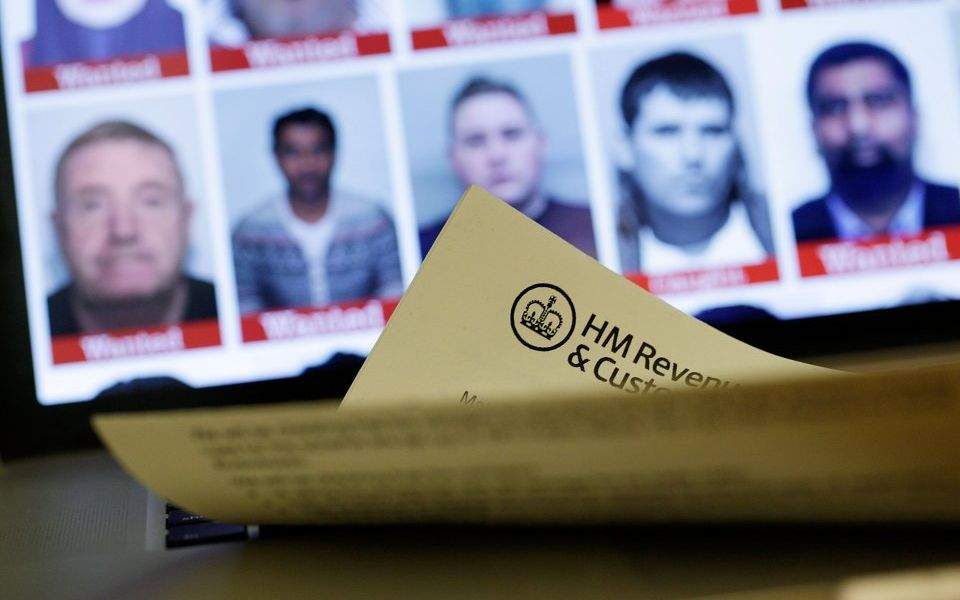
HNWs need to be on top of their tax or face the Revenue’s ‘death ray’, writes Danny Bentley-White
Bad news: the number of tax evasion cases identified by HMRC for the 2017/18 year was 3,809, an 18 per cent rise on 3,216 in 2016/17. These aren’t your ‘cash = No VAT’ window cleaner type arrangements either; it’s 600 extra cases of ‘serious’ tax evasion, the proper grumpy face kind.
Reassuringly perhaps, rather than indicating the complete collapse of Britain’s moral values in the last 12 months, more likely this development has something to do with the Revenue’s extensive new data collection powers under the Common Reporting Standard (CRS). Under CRS, businesses in participating countries must share certain information about their foreign-resident clients and customers with the authorities. (This should not be confused with GDPR, under which businesses in many of the same countries must keep their customers’ information private at all times and preferably fight to the death before allowing it to be shared with anyone ever.)
As such, while it is unlikely that significant numbers of extra people each year are spontaneously deciding to lie to the Revenue, it is clear that the ever-increasing sources of data to which HMRC has access are helping it to uncover more and more cases of non-compliance. While this may legitimately give rise to concerns about government overreach into private affairs, the fact remains that waving your battered copy of Nineteen Eighty Four has rarely proved a successful defence at law.
For those with extensive offshore arrangements, it is particularly important to review these to make sure that they remain compliant. Even if they aren’t the kind of ‘serious’ tax evader who would happily sell their granny for a stamp duty relief, new offences taking effect from this year make it a crime to fail to declare offshore income resulting in tax of £25,000 or more. These are ‘strict liability’ offences, meaning that HMRC no longer needs to prove that such people are evil masterminds who conspired to defraud the Treasury from deep within their volcano lair. It simply needs to be shown that they did not take ‘reasonable care’ in preparing their tax returns.
Yes, it’s going to be rare that somebody realises they had mountains of offshore cash buried behind the offshore sofa which they simply forgot about, but a lot of HNWs have big, sprawling, complicated lives with assets and interests spread over a number of jurisdictions. Many can hardly sneeze without incurring a £25,000 tax charge. They will need to make sure that they and their advisers have a full grip on matters by the first reporting deadline in October, because after that HMRC will go looking – and, increasingly, they have the powers to turn an innocent error into something much more serious.
It almost makes me feel relieved that I have no offshore income to report. Now if you’ll excuse me, I need to submit my tax returns and then I simply must recalibrate the death ray.
Danny Bentley-White works at boutique private wealth law firm Maurice Turnor Gardner LLP






